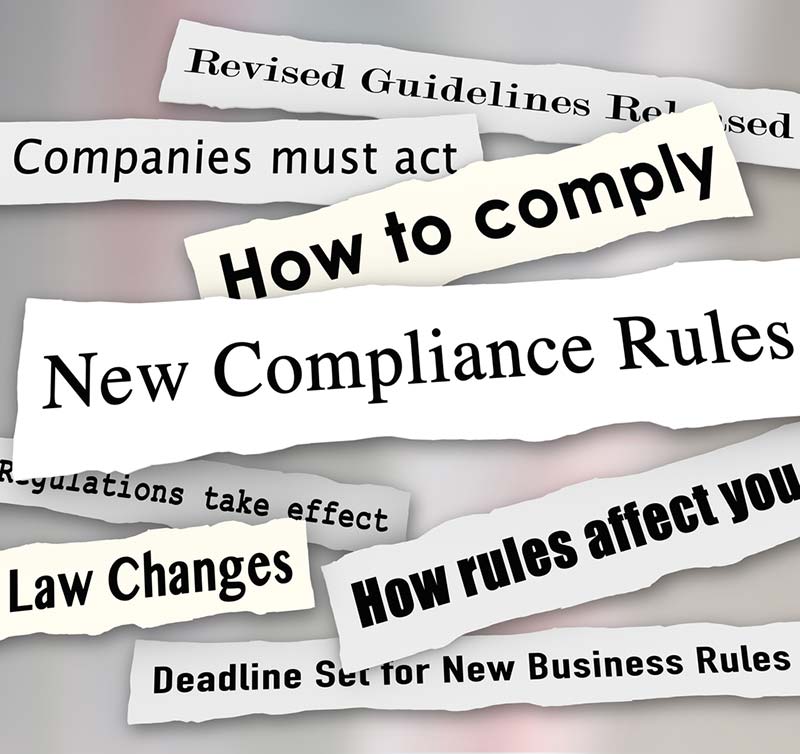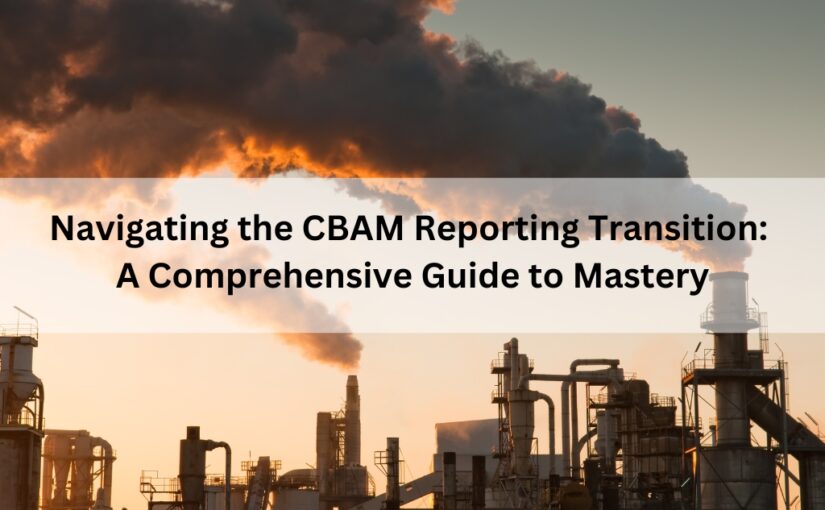How to protect your Confidential Business Information (CBI) while disclosing SDS?

What is Protection of CBI (Confidential Business Information)?
The protection of CBI is a process that allows certain information, such as the chemical identity of one or more trade secret hazardous ingredients in a WHMIS-regulated product, to not be disclosed on the safety data sheet (SDS) and label for the hazardous product.
CBI protection: Why is it needed?
- Companies spend millions of dollars every year in their development of new chemical products, some of which may require the generation of an SDS for their downstream users.
- While they understand that they need to provide information for the health and safety of workers, they do not want to disclose the exact composition of their formulations to customers or competitors.
- The regulations surrounding SDS disclosure requirements in many countries recognize the research and development efforts and have accommodated for the protection of CBI.
The ingredient disclosure requirement for Canada, the USA and the EU is as explained below:
Canada CBI Regulations:
Protection of CBI on an SDS for a hazardous product is allowed under the following regulations:
- The Hazardous Materials Information Review Act (HMIRA); and
- The Hazardous Materials Information Review Regulations (HMIRR)
A claim for exemption can be made by either the importer/manufacturer or an employer.
- What can be claimed as CBI?
- The chemical identity of one or multiple ingredients in a hazardous product.
- Concentration of a hazardous ingredient.
- Name of a controlled product.
- Information that could be used to identify the supplier of a controlled product.
USA CBI Rules:
New rules require a statement in section 3 of the SDS that the chemical identity and concentration of a given ingredient is being withheld as a trade secret.
EU CBI Regulations:
Protection of CBI on an SDS for a hazardous product is allowed under the following regulations:
- Regulation (EC) No 1272/2008 on the Classification, Labelling and Packaging of substances and mixtures (CLP)
An application for the use of an alternative chemical name must be made by the EU importer/manufacturer.
Applications must be made to the European Chemical Agency (ECHA).
In today’s competitive market, companies need to be as innovative as possible to prosper in the business environment and to keep up the pace with progress. The development and acquisition of useful information are crucial to create and provide new and improved goods and services. Such data is critical to the functioning of a company and any unauthorized or accidental disclosure of trade secrets may destroy their confidential status and may cause a considerable economic loss for the business. So to comply with the government norms and regulations and manage your confidential business information Enventure has solutions to all your queries. Talk to our SDS experts today!










